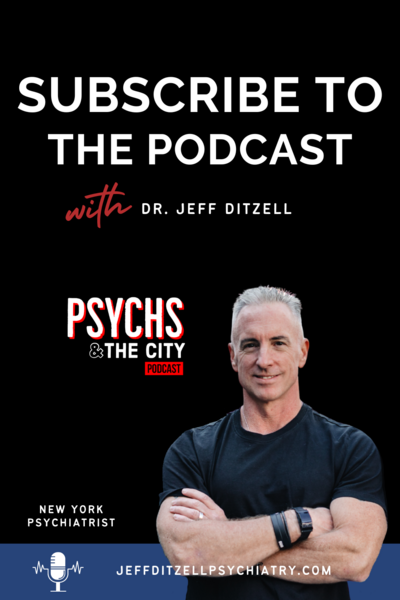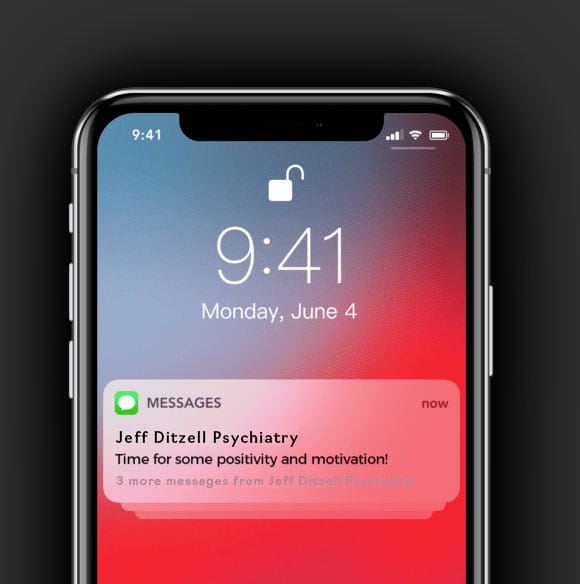
As ketamine treatment for depression skyrockets in popularity, our office has gotten more and more questions about how ketamine treatment works, are there side effects of ketamine treatment, and what does a ketamine treatment feel like? If you’re considering ketamine treatment for your depression here in New York City, you’ve probably got questions, too. So we put together this list of ketamine treatment FAQs to help you find the information you need to feel comfortable and confident about your decision to use ketamine treatment for your depression.
For people with treatment-resistant depression, the cycle of trying medicine after medicine in search of relief from depression symptoms can be endlessly frustrating. In clinical studies, ketamine is showing great promise for the treatment of treatment-resistant depression. Ketamine has been proven to provide almost instant improvement of depression symptoms, with the majority of patients reporting a positive change in their symptoms within 24 hours of their very first ketamine treatment. Sometimes, the positive benefits of ketamine are felt within just minutes.
Ketamine has been safely used in medical settings since the Vietnam War, where it was employed as a battlefield anesthetic. Since then, it’s been used in a variety of medical treatments and settings, from chronic pain management to epilepsy treatment and now, treatment for depression.
Science still isn’t exactly sure how ketamine works in the brain to treat depression, although the ever-growing number of patient success stories is undeniable. Researchers believe that ketamine treats depression by binding to the NMDA receptors in the brain, which causes an increase in glutamate. This excess glutamate increases neurons’ ability to communicate with each other. The theory is that this enhanced communication leads to the growth of new neural pathways for positive thoughts, behaviors and habits to take hold, therefore improving depression symptoms.
Though we can’t speak to the ketamine treatments done elsewhere, we can tell you what ketamine treatment is like in our office in New York City.
When you come in for a ketamine treatment at our NYC office, you’ll be seated in a comfortable plush recliner in your private treatment suite. The suite includes low light and soft music to enhance the relaxation of the environment, similar to what you’d experience in a spa.
You will be attached to a monitor that tracks your vital signs during your treatment. This is simply an extra safety precaution, as ketamine treatment is proven to be safe.
Your provider will inject the ketamine solution into your arm using a syringe with a tiny needle, much smaller than what you’ve experienced with vaccines or having blood taken. Most of our patients tell us that the needle prick is barely noticeable. Even patients who are nervous around needles find ketamine injections acceptable and tolerable.
After your ketamine injection, you’ll simply sit and relax. You will feel calm and relaxed, but will not experience any of the “out of body†effects of ketamine that once made it popular as a club drug. The dosage of ketamine you’ll receive at our office is a tiny fraction of the amount used to get “high,†so all you’ll feel is peaceful relaxation.
From the moment you walk in until you leave to go home, your ketamine treatment appointment will take about 45 minutes.
Side effects from ketamine treatment are rare. You may experience mild discomfort at the injection site, but that generally resolves with hours after your shot. Some people may experience a feeling of being “spacey†for a few hours after their ketamine injection, but that is rare.
Ketamine was FDA-approved back in 1970 for use as an anesthetic. In 2019, the first ketamine nasal spray for depression was approved by the FDA.
At the low doses we use in ketamine treatment for depression, ketamine is not addictive. However, ketamine is considered an addictive substance when used at much higher doses.
When treating treatment-resistant depression with ketamine, we generally start with a series of ketamine treatments that are spaced closer together, then maintain positive results with ketamine boosters administered three to six months apart.
A typical treatment schedule starts with six ketamine infusions in the first three weeks, with boosters scheduled at six-month intervals after that. Every patient is different, however. Dr. Ditzell will customize your ketamine treatment to fit your unique symptoms, body composition, and lifestyle.
Some patients do one round of ketamine treatments for depression and find that the results are so powerful, they do not need any more treatments. Others choose to maintain their treatments as an ongoing investment in their mental health.
No, there is no need to fast before a ketamine treatment. You can eat and drink as you like both before and after your treatment.
There are very few antidepressants that have a contraindication with ketamine, but there are a few:
Benzodiazepines at high doses may reduce the effectiveness of your ketamine treatment. If you’re taking Xanax, Klonopin, or Ativan at a high dosage, talk to your doctor. Your dosage may need to be adjusted prior to ketamine treatment.
Lamotrigine and Memantine may affect the efficacy of ketamine. Talk to your provider if you’re taking either of these medications. Neither of these medications eliminates you from using ketamine for your depression, but your dosage may need to be adjusted before your treatment.
Dr. Jeff Ditzell’s New York City psychiatry office provides ketamine treatment for depression that’s safe, medically monitored, and offers hope for people struggling with treatment-resistant depression. To being your ketamine journey, schedule your appointment today.

Dr. Jeff Ditzell, D.O. is the lead psychiatrist at Dr. Ditzell Psychiatry with over 25 years experience treating people for Anxiety, Depression, OCD, PTSD, Adult ADHD, Bipolar Disorder, using ketamine treatments, psychotherapy, and so much more.
 Hello,
I'm Dr. D!
Hello,
I'm Dr. D!
At my psychiatry practice in New York Cty, we're focused on giving you a 360 approach to mental health. It's time we end the stigma on mental health.

Each week we'll explore all things Mental Health, Mindset, Fitness, and Psychiatry!
tell me moreYou know what they say “self-care” is the best care. Why not kick off your morning the right way by signing up to receive our positive text messages reminding you to be mindful and encouraging you to conquer the day!
